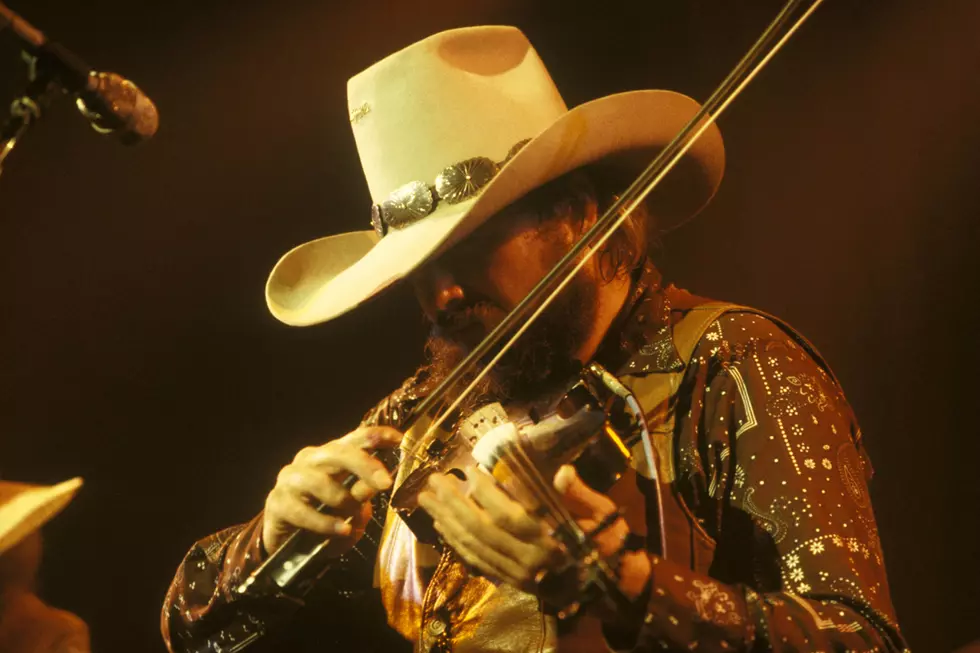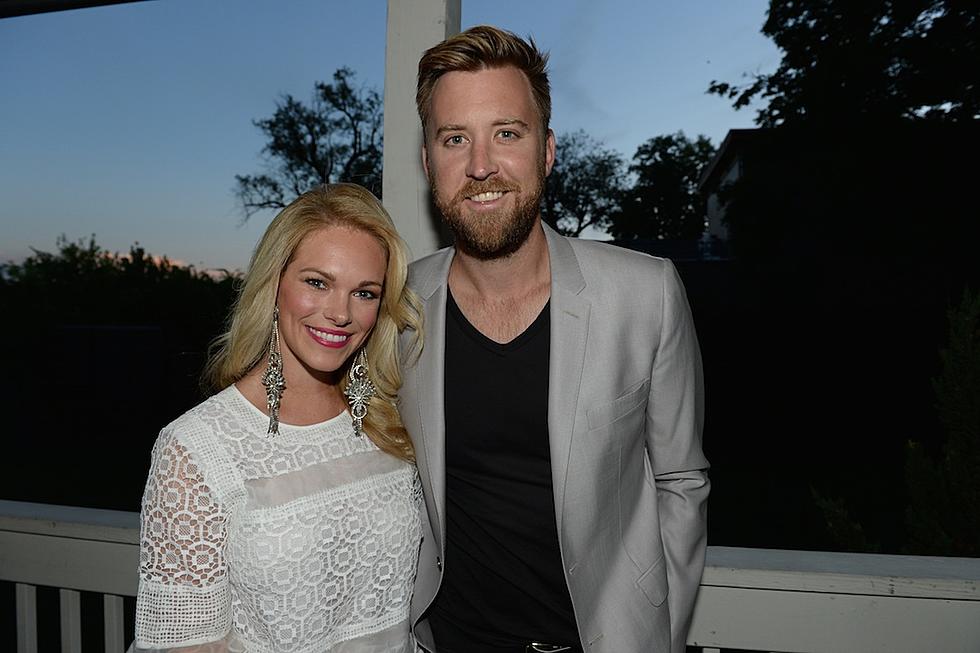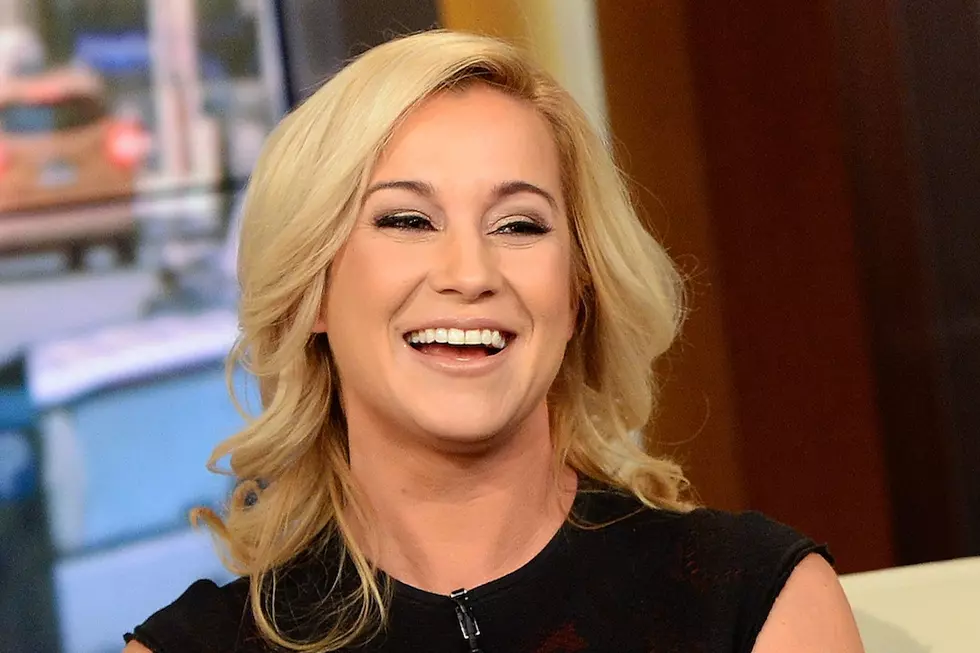
John David Kent Interview: Singer-Songwriter Talks New Album, ‘Before the Sun Comes Up’
John David Kent has come of age with his new album, 'Before the Sun Comes Up.'
A native of the tiny town of Celeste, Texas, Kent returned home, built his own studio and started his own record label after ending his stint with the alt-rock group Radish. He subsequently founded a new band and embarked on a new chapter in his career. His first first full-length solo record spawned three top 20 singles on the Texas charts, and a hit video on CMT Pure Country.
He and his band took a slightly different approach for 'Before the Sun Comes Up,' working at Matchbook Studios in Austin, Texas with world-renowned producer Dwight Baker, whose credits include Kelly Clarkson and David Archuleta.
The Boot caught up with Kent by phone while he was in the midst of release week. He had recently moved to Austin from Celeste, and he had been going back and forth getting things sorted out after the big change. Kent was clearly very enthusiastic about 'Before the Sun Comes Up,' which marks an interesting step forward in his development as an artist.
Is it challenging for you, being located in Texas instead of Nashville, or is it liberating?
I don't really know; I think there are probably times when it's liberating, and time's when it's challenging. I do still like that it was definitely challenging living in the part of the state where I grew up, because even though I had a recording studio there -- this was actually before I started pursuing a solo career -- I was running a record label there, and I was actually able to bring the music business to this really, really small town that's not even a dot on the map. So there's something kind of cool about that.
But being an artist, and wanting to co-write and spend time with other artists, and feeding off of that energy , it was very challenging. I felt like it was definitely time for me to make a move, and I felt that it was either Nashville or Austin. And I love Nashville, but we've got a blended family; I've got a couple of stepsons, so it just seemed like right now in our lives it was a little bit more practical to move to Austin.
But I love Nashville. When I'm there, I feel that energy, and I think it makes people subconsciously really be at their best, because there's just such a pool of talent there. And I think that the camaraderie and the energy drive people to be their best.
Tell me about 'Before the Sun Comes Up.' Where did the title come from?
It's one of the songs on the album. A lot of times when I'm writing, a lot of the lyrics and the melody will come out at the same time. I don't typically sit down with a song idea or a theme. I have done that, for sure, but a lot of times -- especially if I'm not sitting down to write, if I'm just sitting down at the piano to play, or playing the guitar just for the fun of it -- maybe I'll come across a chord progression, and I'll start ad-libbing or scatting or whatever you want to call it. And a lot of times a phrase will come out, or a series of phrases along with the melody, and it really kinda grabs me, and I'll keep pushing at that idea.
'Before the Sun Comes Up' is the same way. It just came out, the first line, when I was working on the chorus. And once I had that, I was like, 'Okay, that's what this song is about.' And then I started thinking about all the things that happen at night, before the sun comes up, and that's really the song that kinda themed the album for me in terms of other song ideas and other lyrics.
I really wanted it to be a loss of innocence, a coming of age album; just all of the things you go through on a summer night when you're getting ready to leave and go off to college, or start a career. Those things that you go through when you're 18 years old. And then I started thinking about 'Dazed and Confused' and 'American Graffiti,' where these kids are coming of age, and going through a transitional phase; you're too old to be a kid, but you're not ready to be an adult. So I think that's where a lot of the ideas came from, and it all sort of falls under that umbrella.
When you have a theme like that, do you then try to write the other songs to that theme?
I think you need to have themes that are different enough that it doesn't sound like you're just repeating yourself song after song. I'm definitely not gonna say that this was a concept album, because it wasn't. But I think that a lot of the themes are intertwined, as opposed to if I look back at our first album, the subject matter was much broader.
I think both approaches to making an album are totally cool, I just think it's wherever you are as an artist at that time. I always want to feel like I don't back myself into a corner. I want to experiment with different sounds and different instrumentation.
You worked with Dwight Baker this time. Why that choice, and how does that change your working approach?
Dwight and I have a lot of mutual friends, from rock and pop guys from our previous careers, to more mainstream country writers and artists, to the Texas country guys -- there's just a lot of mutual friends. We were introduced, and he's a drummer, and I'm a drummer. We had a lot of things in common, and I just started sending him songs, and he was digging what I was sending, and I think that was probably the indicator right there.
I wanted to work with somebody that A) liked what I was doing, and B) that they could get the job done, that I was confident that I could really let go of the reins and that they could do it. Because being a producer and an engineer myself, I like to be hands on, and I co-produced our first album. And it was a great experience, and I'm still very proud of that album. But for this new album, I wanted to just be an artist, I didn't really want to be feeling responsible for every little detail.
And I felt very confident that I could let go of the reins, and he would know where to go, and he would know when to push us and when to just let us do our thing. And I think he struck a great balance, really finding or capturing the essence and the vibe of me as an artist, and this band. Because I come from a school of being in a band, where it's a brotherhood. Which is a little bit different than when you're a hired gun. A lot of my biggest influences are bands that had a certain sound, because it was a certain five people playing together. So I think he really helped us hone in to our sound, and really helped capture that.
We worked really quickly, so there wasn't a lot of time for second-guessing. And it just kinda keeps you on your toes and keeps you in the moment. I'm super proud of the work that we did with him, and super proud of the work that the band did, because it was a band effort, and they really showed up and played great.
How does it change your approach when you go out and play these same songs live night after night? Do you wind up re-arranging them, or do you play it straight from the record?
There's some slight differences, but they're mainly beginnings and endings that just help with segues. There are some things that might be a little bit longer, or an intro that might be a little longer if it's something I want to talk over. But for the most part we're really staying true to the album and the parts that were recorded.
What else do you think is important to say about the album, to encompass the work to someone who's going to be reading this?
I wanted to make a feel-good album, an upbeat album for the most part. That's what I want people to feel when they're listening to it. There's those songs that come on the radio -- usually on the classic rock station -- and I hear them, and it's a beautiful sunny day -- you can't help but turn it up and start driving faster, and roll down the window. And there's some songs on this album that I want people to have that same experience with.
More From TheBoot
![Ashley Ryan’s ‘One Tractor Mind’ Is Certified Country Sass [Listen]](http://townsquare.media/site/623/files/2023/07/attachment-Ashley-Ryan-Kaitlyn-Holliman-Photography.jpg?w=980&q=75)
![Mary Chapin Carpenter’s Best Live Shots [PICTURES]](http://townsquare.media/site/623/files/2019/06/mary-chapin-carpenter-singer.jpg?w=980&q=75)




![Charles and Cassie Kelley’s Cutest Moments [PICTURES]](http://townsquare.media/site/623/files/2017/07/charles-kelley-engaged.jpg?w=980&q=75)


